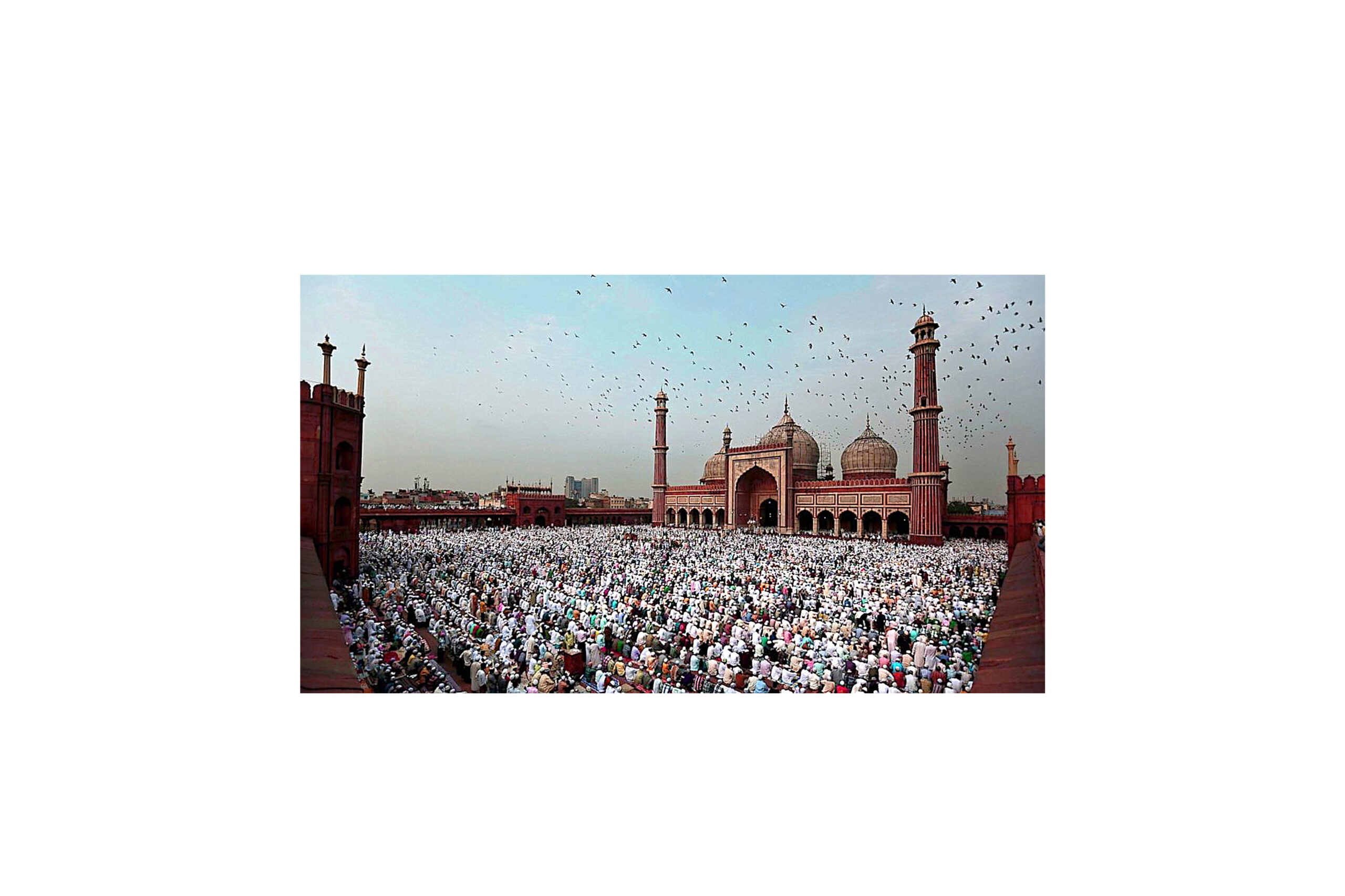The sacred month of Ramadan, a time of deep spiritual significance for Muslims, is around the corner. During this month, we engage in fasting from dawn until sunset, but Ramadan is not just confined to fasting. In fact, it is a month of intensified prayer, charity, and an increase in gratitude. Interestingly, fasting is not a novel practice introduced by Islam. In fact, the Holy Qur’an acknowledges this and declares ‘O ye who believe! Fasting is prescribed for you, as it was prescribed for those before you, so that you may become righteous.’ (Holy Quran 2:184) Thus, the practice of fasting in Islam is an extension of the practice found in earlier religions.
In Islam the practice of fasting is not only a physical exercise but a spiritual one; the ultimate aim of which is the attainment of God’s pleasure through regulation of one’s life in accordance with His ordinances. If a Muslim merely observes the outward requirements of the fast, they will simply succeed in making themselves hungry and thirsty and nothing more.
Indulgence in unbecoming speech and inappropriate actions nullifies the very objective of fasting in Islam. This is why the Holy Prophet of Islam has taught that “He who does not shun telling a lie by word and deed, should know that God needs not his abstention from food and drink.” Furthermore, fasting aims to teach Muslims to control their passions and lead productive lives. It is with this intent in mind that the Holy Prophet Muhammad taught a simple lesson regarding fasting:
“Fasting is a shield; so, the day one of you fasts, he should not indulge in foul talk, nor should he shout. And if someone abuses him or fights with him, he should simply say to him, ‘I am fasting, I am fasting.’”
The month of Ramadhan carries many special attributes which have been described by no less an authority than the Holy Prophet himself, may peace and blessings of Allah be upon him. He famously said, “When Ramadhan arrives the gates of Paradise are opened, and the gates of hell are locked up and satans are put in chains. “Hence, during this month, we can truly attain the nearness of God and it would be our own misfortune if a Muslim didn’t take advantage of this opportunity. It is also important to keep in mind, that Ramadan it’s a month of training for us Muslims, where we try to increase in our spirituality and in good deeds. So, whatever we learn in Ramadan, let’s try to continue these virtues acts, even after Ramadan.
The revelation of the Holy Qur’an commenced in this month. A committed Muslim who has some knowledge knows that during the life of the Holy Prophet (peace and blessings of Allah be on him) each year during Ramadan, angel Gabriel used to revise the hitherto revealed Qur’an with him once with the exception of the last year of the life of the Holy Prophet (peace and blessings of Allah be on him) when the Qur’an had been revealed in its entirety, where he revised it twice. The Holy Qur’an has a special affinity with the month of Ramadan because the Holy Quran was sent down in the month of Ramadan.
Ramadan also reminds us that the teaching of the Holy Qur’an is complete and comprehensive. Indeed, this reminding is only beneficial when we understand its spirit and essence. Otherwise, Ramadan comes every year, and it will continue to do so and will continue to remind about matters, and we will simply be happy to listen to its significance. Its benefit is truly realised when we incorporate its significance in our practices.
The month of Ramadan encourages us to shift our focus towards those facing unimaginable hardships worldwide. As we observe our fasts this Ramadan, let us keep in our hearts those less fortunate around the globe. May this awareness ignite a spark within us, inspiring an outpouring of generosity and charity. –by Maulana Asif Munir, Hamilton



